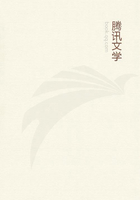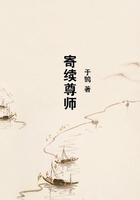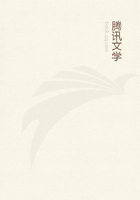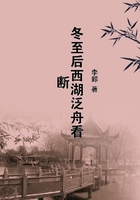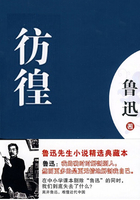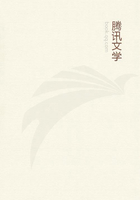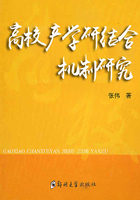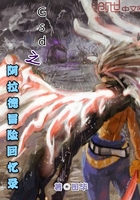roads, the scantiness of the wheel-roads, scarce any except those left by the Romans, and those made from monastery to monastery: the scarcity of bridges, and people using ferries instead, or fords where they could; the little towns, well bechurched, often walled; the villages just where they are now (except for those that have nothing but the church left to tell of them), but better and more populous;
their churches, some big and handsome, some small and curious, but all crowded with altars and furniture, and gay with pictures and ornament; the many religious houses, with their glorious architecture; the beautiful manor-houses, some of them castles once, and survivals from an earlier period; some new and elegant; some out of all proportion small for the importance of their lords. How strange it would be to us if we could be landed in fourteenth century England; unless we saw the crest of some familiar hill, like that which yet bears upon it a symbol of an English tribe, and from which, looking down on the plain where Alfred was born, I once had many such ponderings, we should not know into what country of the world we were come: the name is left, scarce a thing else.
And when I think of this it quickens my hope of what may be: even so it will be with us in time to come; all will have changed, and another people will be dwelling here in England, who, although they may be of our blood and bear our name, will wonder how we lived in the nineteenth century.
Well, under all that rigidly ordered caste society of the fourteenth century, with its rough plenty, its sauntering life, its cool acceptance of rudeness and violence, there was going on a keen struggle of classes which carried with it the hope of progress of those days: the serfs gradually getting freed, and becoming some of them the town population, the first journeymen, or "free-labourers,"
so called, some of them the copyholders of agricultural land: the corporations of the towns gathered power, the craft-gilds grew into perfection and corruption, the power of the Crown increased, attended with nascent bureaucracy; in short, the middle class was forming underneath the outward show of feudalism still intact: and all was getting ready for the beginning of the great commercial epoch in whose LATTER days I would fain hope we are living. That epoch began with the portentous change of agriculture which meant cultivating for profit instead of for livelihood, and which carried with it the expropriation of the PEOPLE from the land, the extinction of the yeoman, and the rise of the capitalist farmer; and the growth of the town population, which, swelled by the drift of the landless vagabonds and masterless men, grew into a definite proletariat or class of free-workmen; and their existence made that of the embryo capitalist-manufacturer also possible; and the reign of commercial contract and cash payment began to take the place of the old feudal hierarchy, with its many-linked chain of personal responsibilities.
The latter half of the seventeenth century, the reign of Charles II., saw the last blow struck at this feudal system, when the landowners'
military service was abolished, and they became simple owners of property that had no duties attached to it save the payment of a land-tax.
The hopes of the early part of the commercial period may be read in almost every book of the time, expressed in various degrees of dull or amusing pedantry, and show a naif arrogance and contempt of the times just past through which nothing but the utmost simplicity of ignorance could have attained to. But the times were stirring, and gave birth to the most powerful individualities in many branches of literature, and More and Campanella, at least from the midst of the exuberant triumph of young commercialism, gave to the world prophetic hopes of times yet to come when that commercialism itself should have given place to the society which we hope will be the next transform of civilization into something else; into a new social life.
This period of early and exuberant hopes passed into the next stage of sober realization of many of them, for commerce grew and grew, and moulded all society to its needs: the workman of the sixteenth century worked still as an individual with little co-operation, and scarce any division of labour: by the end of the seventeenth he had become only a part of a group which by that time was in the handicrafts the real unit of production; division of labour even at that period had quite destroyed his individuality, and the worker was but part of a machine: all through the eighteenth century this system went on progressing towards perfection, till to most men of that period, to most of those who were in any way capable of expressing their thoughts, civilization had already reached a high stage of perfection, and was certain to go on from better to better.
These hopes were not on the surface of a very revolutionary kind, but nevertheless the class struggle still went on, and quite openly too;

